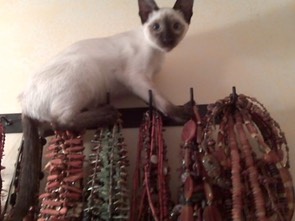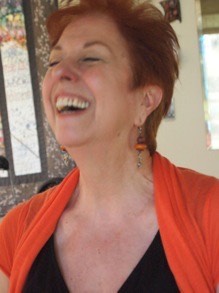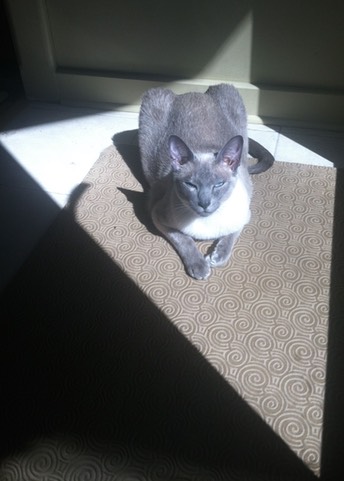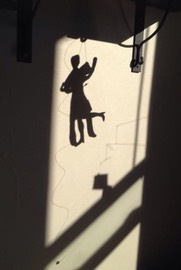Tango, for me, is first and foremost about listening. Much easier to say than it is to really do it. For the past 23 years I have been trying to learn to listen better both as a leader and a follower. As with many things in my life, I’ve made some progress but still have difficulties with consistency. There are so many things to listen to and so little RAM left with which to do it. Fortunately the pursuit is rewarding in itself. Tango is about building community. It means working hard to improve communication skills on all levels and getting to hang out with people you really like while you do it. Works for me.

I trained and performed as a modern dancer before starting to study Argentine Tango. I was fortunate to study with a number of respected teachers in New York and Buenos Aires including Daniel Trenner, Rebecca Schulman, Brigitta Winkler, Erik Jeurissen, Carlos Gavito and Luciana Valle. The concept of studying with good teachers, as opposed to just taking classes with a teacher, is important to me for my growth and for helping me grow my community with skill and depth. Currently I am studying with Pablo Pugliese and Noel Strazza, Fernanda Ghi and Guillermo Merlo, and Luciana Valle as my core teachers who present a comprehensive, compatible and structurally sound philosophy of teaching and performing that helps develop tango dancers who integrate skills and expression in a well-connected social dance.
The most important aspect of Argentine Tango is clear communication between the leader and the follower to create elegant and smooth dancing on the dance floor that is both passionate and fun. I have been studying, teaching, and running Milongas and guided practicas since 1992 and try to be a stable leader in the growing of an Argentine Tango Community. I especially love working with beginners in order to introduce them to the exciting world of Argentine Tango, but I also enjoy working with intermediate and advanced dancers who understand that continuing to refine your dance increases the enjoyment for both partners. I currently teach group tango classes at Yale University, Studio 544 in Milford and individual private classes.

A foundation in authentic traditional Argentine Tango can provide a lifetime of pleasure in social dancing. Like the elegant traditional Argentine Milongueros and Milongueras, we can continue to grow into this dance indefinitely. In Buenos Aires it is almost impossible to take your eyes off the dancers in their 60’s and older when they get up to dance at the milongas. They have had a lifetime of dancing to fully understand what they are dancing about beyond the physical movements they are executing.
That is one of the main reasons I have been drawn to the Argentine Tango: plenty of room to grow. The best part is enjoying the journey even as we are learning.
Read about the Empress of Tango
Name: Judith Phelps
Favorite Color: Redorange
Favorite Tango Shoe Color: Red
Favorite Movie: The Tango Lesson
Favorite Teaching Experience: Running Guided Practicas
Favorite blog for information about dancing, shopping and being in Buenos Aires (maintained by my friend, Judith Schwartz, who lives there 6 months of each year. Very Helpful!)
http://buenosairesandtangotoo.wordpress.com/

Some Favorite Tango Teachers:
- •Luciana Valle
- •Fernanda y Guillermo
http://www.fernandaguillermo.com/
- •Pablo y Noel
- •Rebecca Shulman
http://www.dance-manhattan.com/main_frame.php?cf=./content_teacher_display.php&ins_id=36
- •Carlos Gavito
http://gavito.portalatango.com/
- •Daniel Trenner
http://www.danieltrenner.com/daniel/bio.html
- •Brigitta Winkler
http://www.brigittatango.de/phynix_tanzt/index.htm
- •Eric Jeurissen

- •Hsueh-tzi Lee
http://www.bluetango.org/hsueh-tze.html
Some favorite Tangos:
- •Malena
- •En la Huella Del Dolor
- •Milonga Triste
- •Pavadita
- •Recuerdo
Some favorite Tango Orchestras:
- •Osvoldo Pugliese
- •Hugo Diaz
- •Alfredo de Angeles
- •Troilo
- •Carlos di Sarli
- •Rudolfo Biagi

